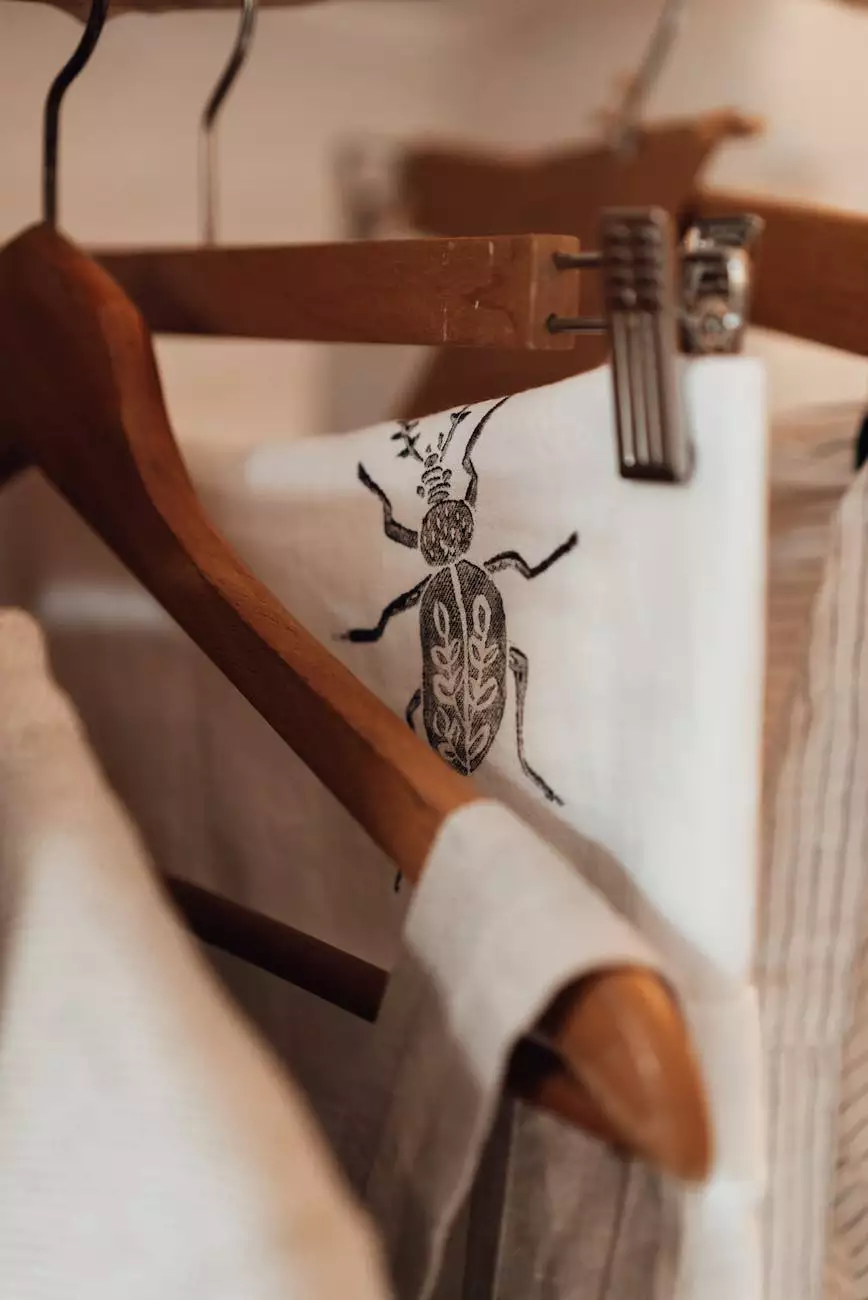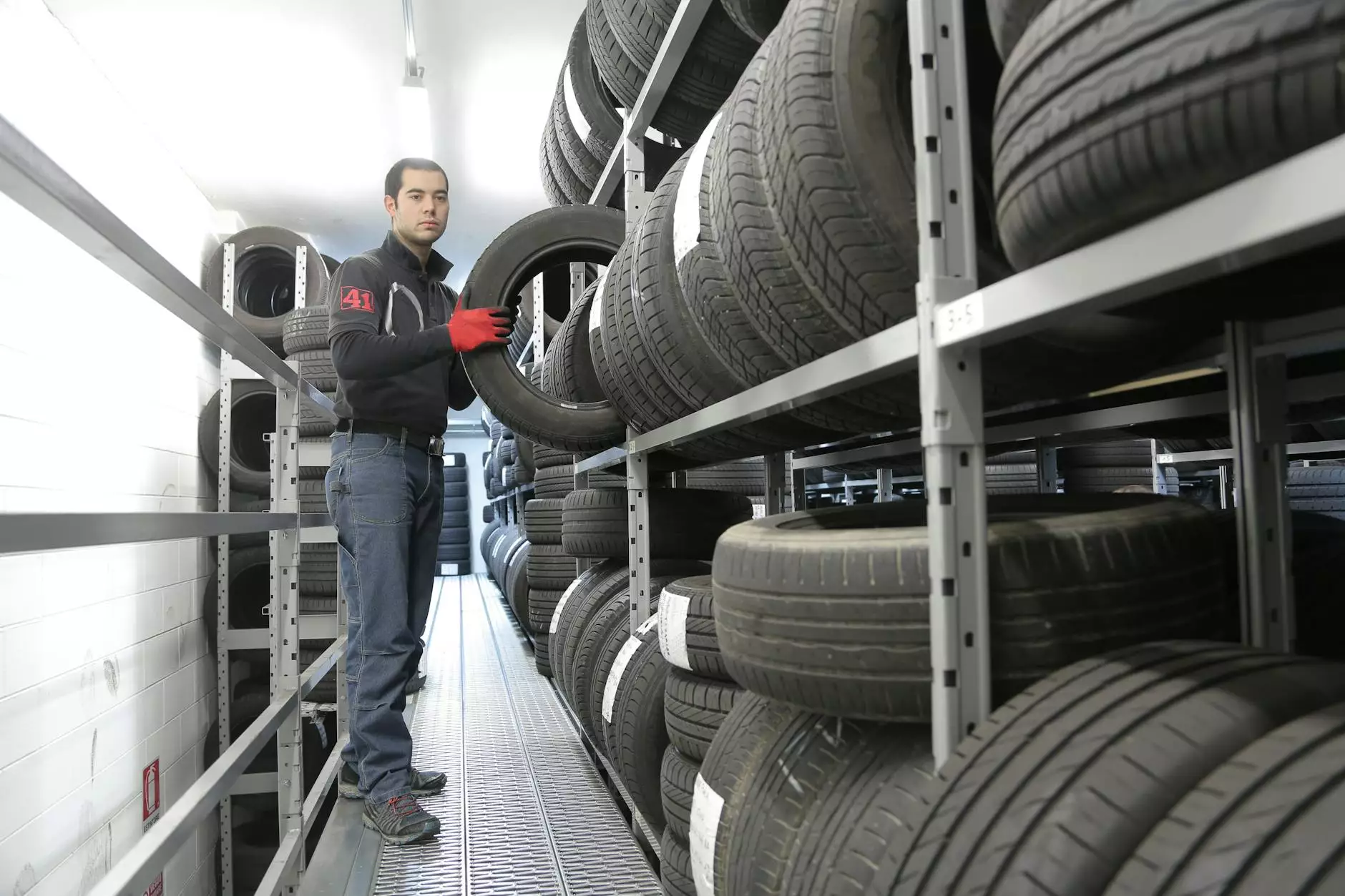How to Keep Bugs Away: Monument Mini Storage's 6 Tips
Storage Tips
Introduction
Welcome to St James Self Storage's guide on bug deterrents. In this comprehensive article, we will provide you with six effective tips to protect your storage unit from bugs and insects. It's crucial to safeguard your valuable items from the potential damage these pests can cause. Follow these expert recommendations to keep bugs away and maintain the integrity of your stored belongings.
Tip 1: Properly Clean and Prepare Your Storage Unit
Before storing your items, it's essential to thoroughly clean and prepare your storage unit. Start by removing any existing debris, dust, or cobwebs. Utilize a vacuum cleaner, broom, or duster to eliminate these potential hiding places for bugs. Additionally, wipe down the walls, floor, and shelves with a mild cleaning solution.
To further deter bugs, consider applying an insecticide spray designed specifically for storage units. This will create a barrier against insects and prevent them from entering.
Tip 2: Utilize Air-Tight Containers and Packaging Materials
Proper packaging plays a vital role in bug prevention. Choose air-tight containers to store your items, as these will significantly reduce the chances of pests infiltrating your belongings. Ensure that the containers are made of durable materials such as plastic or metal, which bugs cannot easily access.
Additionally, seal any cracks or openings in the containers with tape to minimize the risk of bugs finding their way inside. Use high-quality packaging materials, such as bubble wrap or packing peanuts, to provide an extra layer of protection against potential infestations.
Tip 3: Avoid Storing Food or Organic Materials
One of the main attractions for bugs is food or organic materials. To keep bugs away from your storage unit, avoid storing any items that can decompose or attract pests. This includes food items, plants, or any other organic materials like cardboard boxes.
If you have non-perishable food items, store them in sealed, pest-resistant containers. This will deny access to insects and protect your stored items from potential contamination or damage.
Tip 4: Maintain Regular Cleaning and Inspections
Prevention is the key to bug control. Regular cleaning and inspections of your storage unit will allow you to detect and address any potential pest issues before they become major problems.
Plan a cleaning schedule and stick to it. Regularly inspect your storage unit for signs of bugs, such as droppings, webbing, or live insects. If you notice any red flags, immediately take action by contacting a professional pest control service to mitigate the issue.
Tip 5: Consider Using Pest Control Products
In addition to regular cleaning and maintenance, using pest control products can provide an added layer of protection against bugs. There are numerous options available, ranging from insect baits to traps and insecticide sprays.
However, it's crucial to choose products that are safe for use in storage units and won't damage your belongings. Research and select pest control products that are specifically designed for indoor storage spaces, ensuring they are effective against a wide range of bugs and insects.
Tip 6: Climate Control and Temperature Regulation
Bugs thrive in warm and humid environments. By maintaining proper climate control and temperature regulation in your storage unit, you can significantly reduce the risk of infestations.
If possible, opt for a climate-controlled storage unit. These units are equipped with HVAC systems that keep the temperature and humidity levels within a safe range. Consistently monitoring and controlling the environment will create an inhospitable space for bugs to survive.
Conclusion
Protecting your stored items from bugs and insects is essential to preserve their condition and value. By following the six tips provided by St James Self Storage, you can effectively keep bugs away and maintain the integrity of your belongings. Remember to properly clean and prepare your storage unit, utilize air-tight containers, avoid storing food or organic materials, perform regular cleaning and inspections, consider using pest control products, and regulate the climate and temperature. Implementing these measures will help you create a bug-free storage environment.




